One of the biggest challenges to mental health or addiction recovery is amending relationships with codependent behaviors.
And that can be difficult if you have poor relationship skills. Fortunately, most family members and friends are willing to make amends because they too want a healthy relationship. Yet, once you’ve made amends, it’s important to continue to give your newly healed relationships some attention and make efforts to keep them healthy. But that can be hard to do if you remain stuck in codependent tendencies.
Read on to know about Codependent Relationships: Takers and Caretakers
As author Melody Beattie wrote in her book, Codependency No More, “codependency involves the effects people have on us and how we, in turn, try to affect them.” Codependency is an experience in a relationship where one or both people believe that they need the other to survive (just like a person might believe that they need alcohol or drugs to survive). This loss of power contributes to powerlessness and an unhealthy dependence upon a person in a relationship. Thus a co-dependency develops.
To the extent that powerlessness is woven into the fabric of your daily functioning, it can lead to patterns of caretaking, low self-worth, controlling, denial, poor communication, weak boundaries, anger, and lack of trust in an intimate relationship. The belief in being powerless in your life leads to a dysfunctional relying on others for things that you can and should do on your own. To heal this, you might ask yourself questions about whether powerlessness is playing a role in the way you relate to your partner. You might also see if you can recognize any of the patterns just mentioned in your own life.
To explore whether codependency is affecting your relationships, here are some characteristics of codependency to look out for (adapted from Melody Beattie’s book, Codependency No More).
Codependent behaviors in a relationship:
1. Caretaking
- Codependents tend to think and feel responsible for others.
- Codependents tend to feel anxiety, guilt, and pity when others are having a problem.
- They might feel compelled to help a person who is having a problem, even if the problem has nothing to do with them.
- They might feel angry when their help isn’t effective.
- They might feel insecure and guilty when someone tries to help them.
- They might find needy people attractive.
Read on to know about Empaths and Co-Dependency: What it Means and How to Let Go
2. Low Self-Worth
Codependents often come from troubled or dysfunctional families.
- They tend to blame themselves for everything.
- They will reject compliments and praise.
- They often feel different from the rest of the world.
- They tend to take most everything personally.
- They often feel like victims.
- They may believe their lives are not worth living.
Watch out this video about understanding and fixing low self-esteem:
3. Repression
Codependents can be afraid to let themselves be who they are.
They can push their thoughts and feelings out of their awareness.
4. Obsession
Codependents can worry about the smallest things.
- They can lose sleep over other people’s problems.
- They might check up on other people’s problems.
- They may feel unable to keep thinking, talking, or worrying about other people’s problems.
- They may abandon their own life temporarily because they are so upset about the problems of someone else.
Related: The Toxic Person and His Mask of Self Love and Obsession
5. Control
Codependents have often lived through events in which others were out of control causing them pain, and as a result, have either become controlling or have no control in certain situations.
- They may avoid seeing their own loss of control and don’t deal with it appropriately.
- They may easily get frustrated, angry, or lose their temper.
- They may feel controlled by other people and events.
6. Dependency
Codependents will often look for happiness outside of themselves.
- They often don’t feel happy or content with the life they have.
- They believe other people can’t or don’t love them.
- They may equate love with pain.
- They may center their lives around other people.
- They look to relationships to provide them with good feelings.
Related: Is This Love or Emotional Dependency?
One of the benefits of reviewing this list is the opportunity to become more aware of codependent behaviors in your relationship and codependency patterns in yourself. And that’s a great start to changing any co-dependent habits.
If you don’t know that you’re codependent in your relationships, how can you do anything about it?
1. So, the first step to change is to become aware of yourself. And you can do that by learning and studying codependency and uncovering whether you have any codependent traits.
2. The second step to change is to accept who you are and the unhealthy habits you might have. It’s one thing to know that you might not always be so healthy in relationships, and it’s another thing to accept it and take responsibility for it.
3. The third step in the process of change is to stop yourself. When you notice that you’re taking care of someone else and ignoring your own needs, put a stop to it.
Little by little, this is how change happens – through consistent awareness and making different choices. Of course, you may need help from time to time. You might work with a therapist or attend a support group that’s focused on healing codependency. If you’re willing to change, you’re likely to improve your relationships as well as your emotional and psychological well being.
How did you manage to change your codependent behaviors? Let us know in the comments.
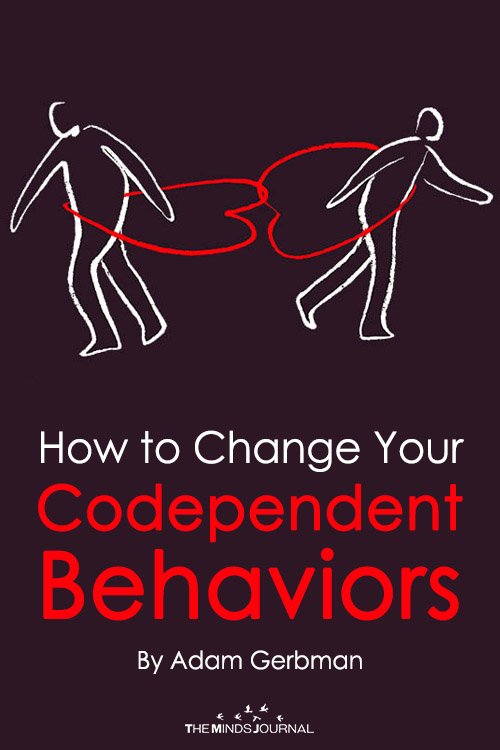

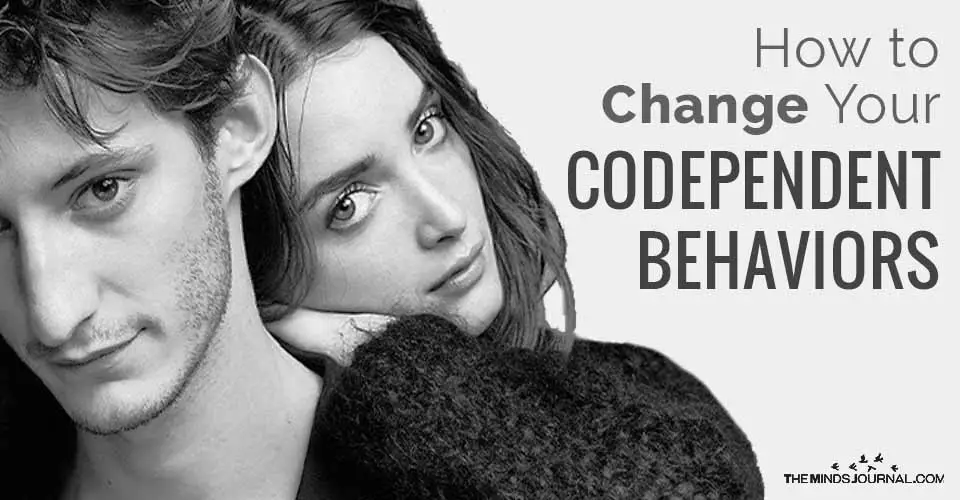
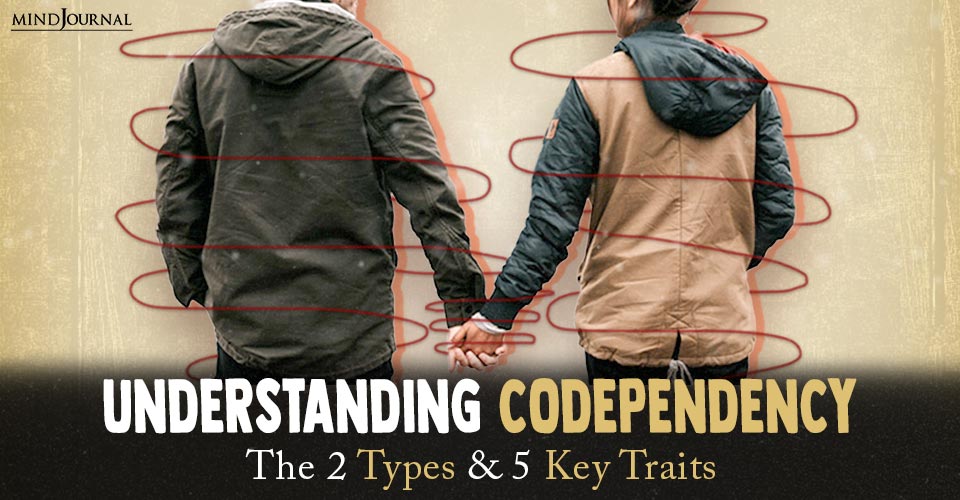
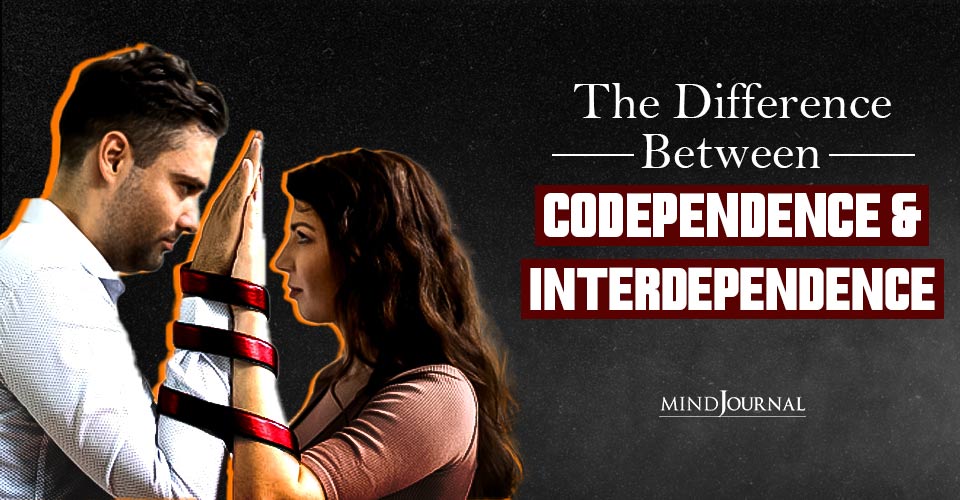
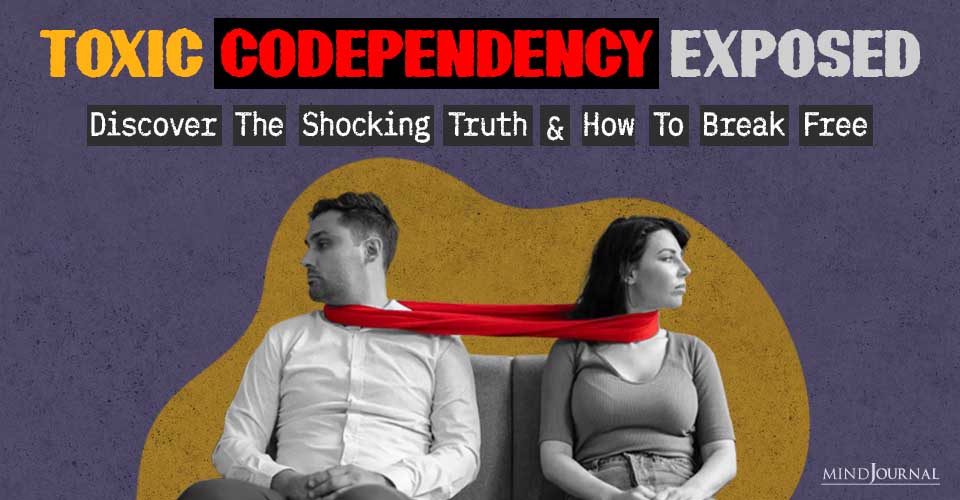
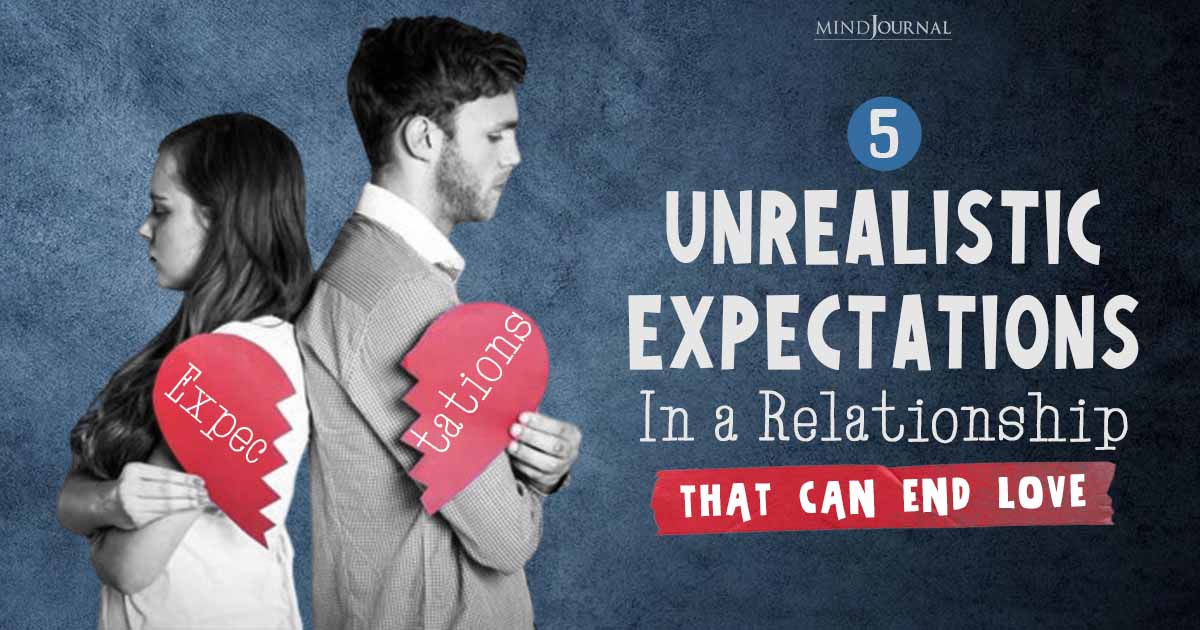
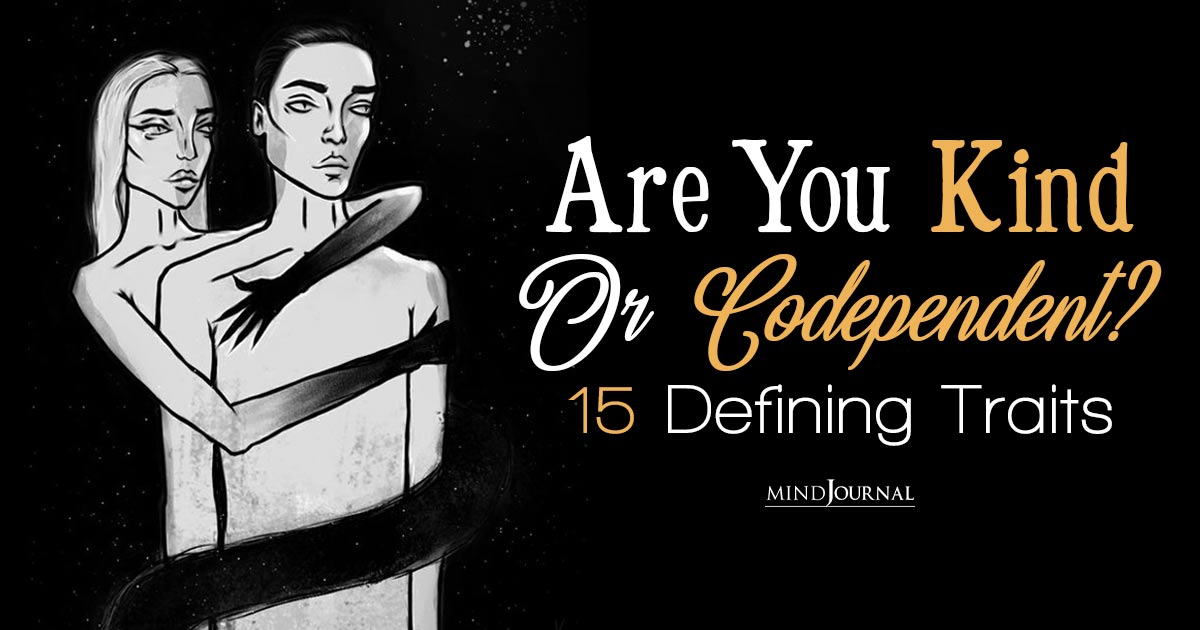
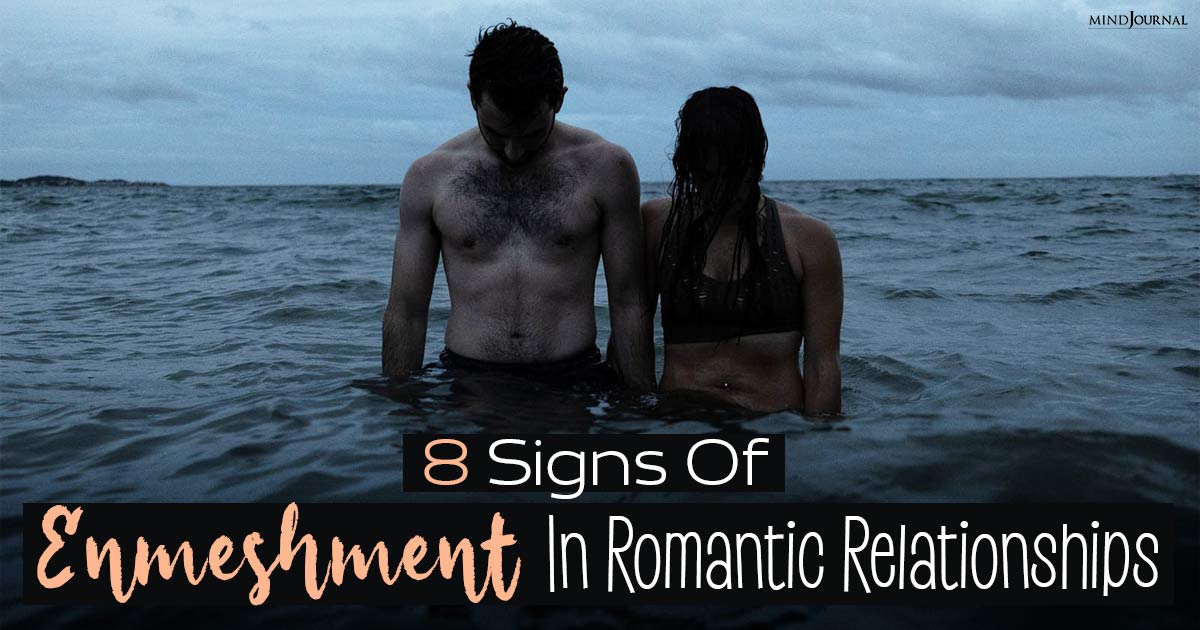
Leave a Reply
You must be logged in to post a comment.